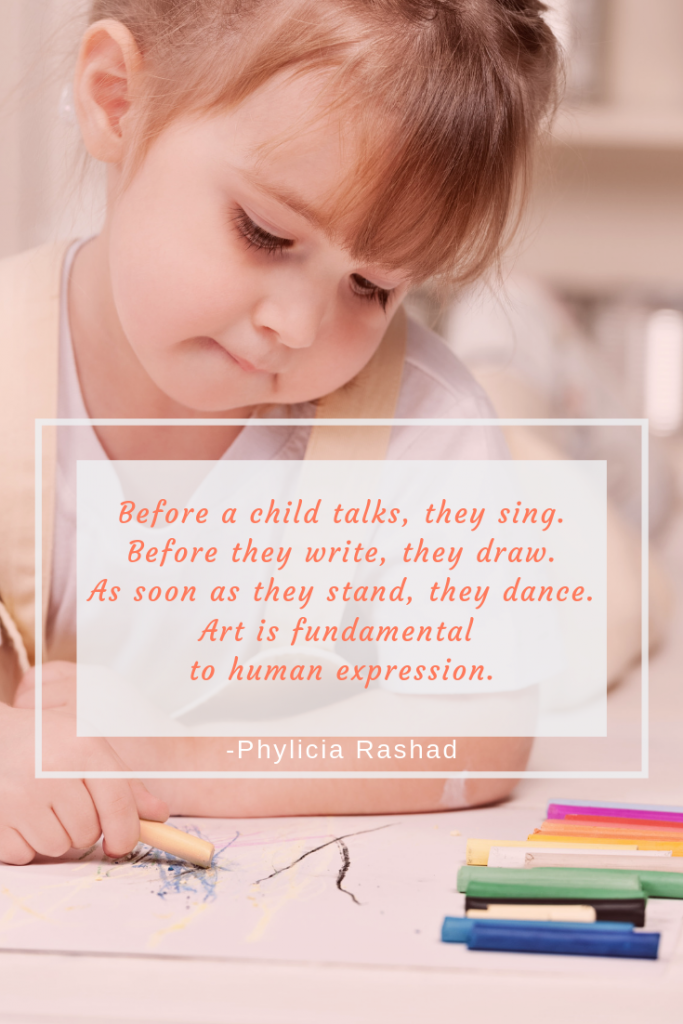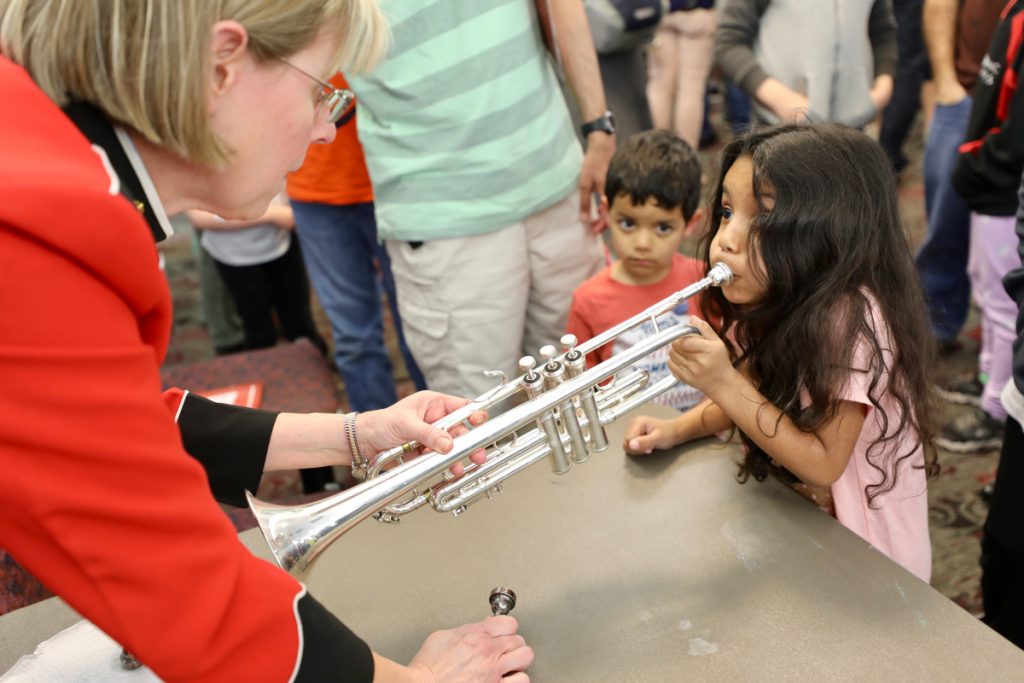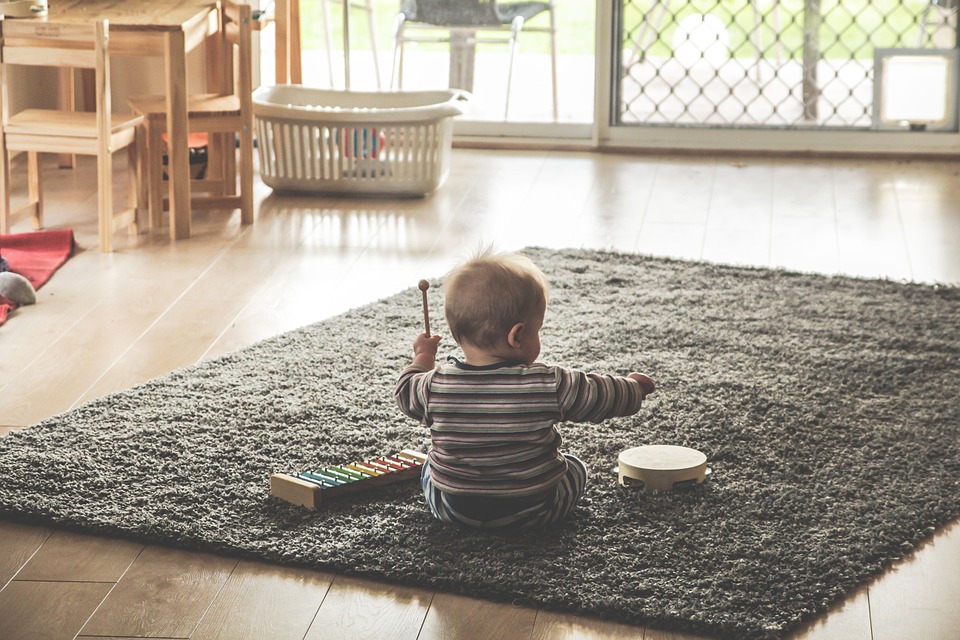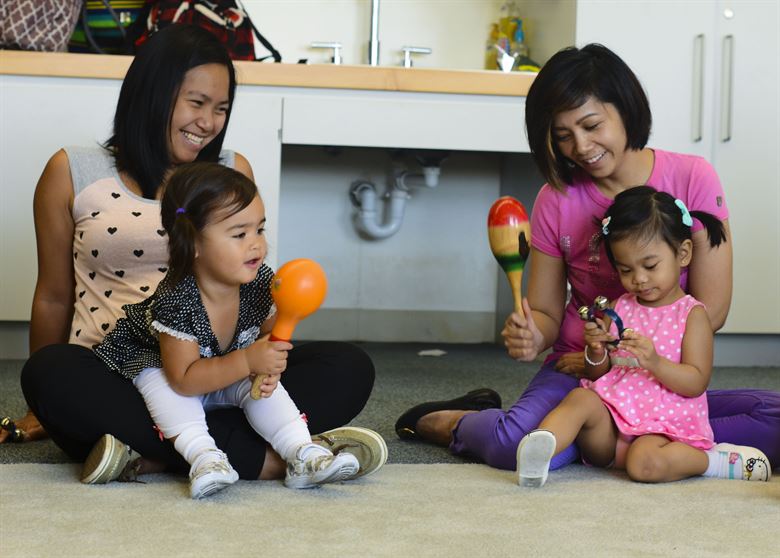You’ve probably heard that playing classical music for babies, even while in the womb, helps their brains develop. But it doesn’t stop there. Exposure to music and music education is one of the most natural ways for a child to explore and learn more about the world around them.

Luckily, I was able to find out more about the benefits of early childhood music education from none other than our own Director of Knauer Music School, Ashley Cherney! It turns out that she has always been fascinated by this subject, so much that she took AP Child Development courses in high school, and majored in Music Education for her Bachelor’s program at Olivet Nazerene University in Chicagoland.

Q: What sparked your interest in early childhood music education?
A: I always wanted to be a teacher, but my interest in early childhood education came when I started realizing that there are biological benchmarks with development that could help educate teachers on how to instruct their students better. Obviously every child is different and learns at a different pace; however, there is still a typical growth pattern that we follow in early childhood development.

Q: Music is a complex, intangible subject – how can infants and toddlers understand music?
A: Music is involved in so many different aspects of life and babies are exploring so much of it for the first time! Think about just talking. When someone speaks to a child, naturally we give the tone a “sing-song” quality. Unintentionally, we are using musical concepts to help babies understand language faster. Even as young as seven months, children can differentiate different timbres of a melody played on different instruments. So as much as we consider music to be a complex, intangible subject, children live in a very musical world naturally and therefore, they understand much more than we think they do.
Q: What exactly does music do for brain development?
A: I don’t pretend to be an absolute expert in this aspect; however, there are so many articles and experiments that have been done that support the benefits of music for brain development even at early ages. Scientists now believe that starting at 3 months old, music gives significance to the learning process and helps them remember concepts. Why do you think toddlers know their ABC’s so well? That song really helps! There is also a close connection between music and linguistic development. Both skills require the ability to differentiate between auditory nuances and similar sounds. Listening to music will help develop this ability which is fundamental to language comprehension.

Now, Ashley is able to share her passion for early childhood music education in her brand new Baby and Toddler Group Music Classes right here at Knauer Music School! This class is a mixed age (infant to four years) class where we sing, play percussive instruments, dance, chant, listen, get very silly, sing lullabies in a fun informal setting. We explore sounds, words, pitch, tempo, melody, tone, meter, rhythm, dynamics, beat, movement and dance. Keep an eye on our social media page for updates, photos and videos of Miss Ashley and her tots!
By Halley Feaster and Ashley Cherney

